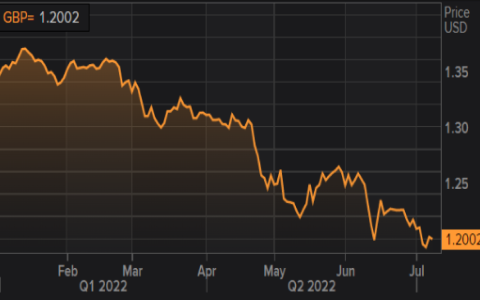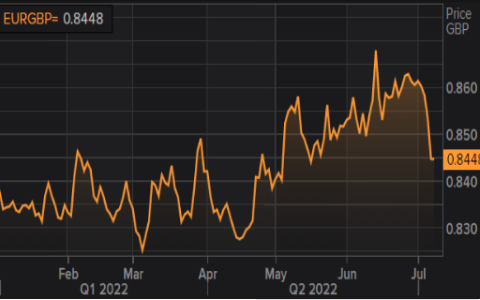UK assets have reacted calmly to Mr Johnson’s resignation, deteriorating global economic backdrop remains key focus.
UK stocks were higher, in line with gains internationally. British government bond yields rose, particularly shorter-dated yields, corresponding with increases in euro zone and US debt yields.
Market players view that Mr Johnson’s departure could lead to increased public spending as a new leader and team try to shore up support with populist measures. That may provide a short-term boost to UK assets but could fuel inflationary pressures, with Britain’s economy feeling the pressure of decades-high inflation more than many other countries.
The Bank of England raised its key interest rate for a fifth time by 25bps to 1.25% on 15th June, the highest level in 13 years and places the BOE at the forefront of a global move to tighten monetary policy. Inflation stood at a record high of 9.1% YoY in June, is expected to peak slightly above 10% in 4Q22. Global inflation pressures are expected to remain elevated and as a net energy importer, UK’s economic growth and employment are expected to slow (consumer confidence was already falling due to squeeze on household incomes).



